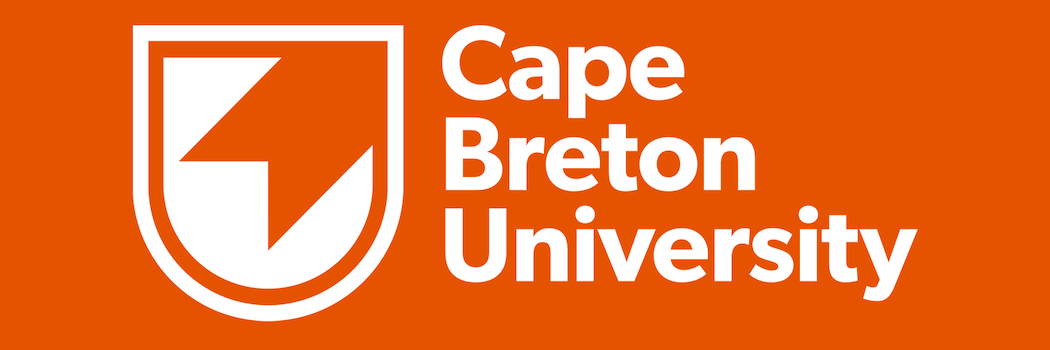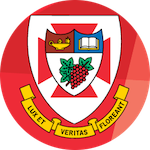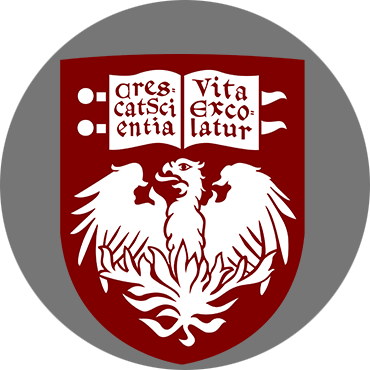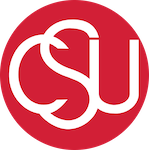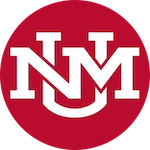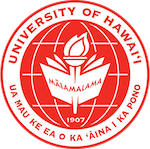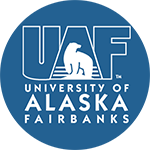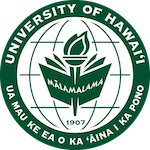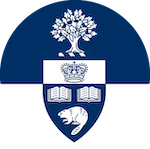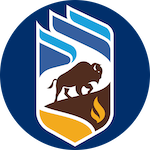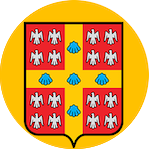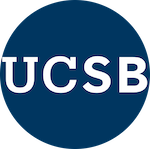Assistant/Associate Professor (Tenure-track) – Miʻkmaq Studies
The property
The Department of L’nu, Political and Social Studies in the School of Arts & Community Studies at Cape Breton University invites applications for two tenure-track positions in Mi’kmaq Studies, at the rank of Assistant Professor or Associate Professor. These positions will commence July 2023.
About Cape Breton University
One of Canada’s youngest and most ambitious universities, CBU recognizes its location on Cape Breton Island as part of Mi’kma’ki, the ancestral and unceded territory of the Mi’kmaq people. Committed to pushing the boundaries of innovation and thought leadership, CBU strives to create a global academic experience and build a sustainable future for Cape Breton Island. Home to nearly 6,000 students, CBU is dedicated to excellence in teaching and learning. This excellence extends throughout the Institution’s diverse community of valued faculty and staff who relish the idea of helping to create and promote a quality environment at CBU.
CBU delivers an authentic multicultural experience to all who become part of its community. Surrounded by pristine natural landscape, vibrant culture, and welcoming communities on Canada’s stunning east coast, CBU attracts students from more than 50 countries around the world. CBU prides itself on providing personalized educational opportunities focusing on academics, research, student services, a vibrant campus life, and cutting-edge technology.
About the position
The School of Arts and Social Sciences (SASS), which is home to Department of L’nu, Political and Social Studies, provides a strong foundation for the future of its students. With an extraordinary range of studies, students can pursue their interests, build on their talents and find their niche. Whether it is full-time, part-time, three or four years, SASS degrees and programs are flexible and allow students to tailor their education. SASS provides students a valuable educational experience offering small classes, taught by passionate faculty who give students a chance to do research in their first year, as well as community-oriented and experiential learning at the forefront of most degrees and programs. SASS also offers a three-year and four-year degree in Mi’kmaq Studies. This comprehensive area of study immerses students in Mi’kmaw history, culture, language, and politics.
The Department of L’nu, Political and Social Studies is seeking candidates whose teaching and research specialization lies in the areas of either Mi’kmaw law/governance, Mi’kmaw history/culture, or Linguistics/Linguistic Anthropology specializing in Mi’kmaw language. The primary area of teaching responsibility will be in Mi’kmaq Studies, with a potential cross-appointment to another department depending on the candidate’s areas of expertise. The successful candidate will be expected to develop and deliver courses on campus, in the community, and/or online and will also be asked to participate fully in the collegial life of the university by accepting administrative duties within the department, Unama’ki College, and/or university-wide committees.
PhD, Masterʻs, or holders of traditional and living Indigenous knowledge may be considered
As the ideal candidate, you possess a record of teaching and research experience consistent with the rank of Assistant or Associate Professor. You also possess a PhD or professional degree at the rank of a Master’s degree or above. Exceptional candidates who may not possess either of these minimum academic credentials but do hold traditional and living Indigenous knowledge will also be considered. The search committee will rank highly candidates with previous teaching experience at the post-secondary level. Candidates should also have a well-defined research agenda or be willing to engage in a collaborative process to develop a research plan. For these positions, research may be academic or community-based in nature or a combination of both approaches.
Modalities
CBU teaches programs on campus, off campus in locations across Mi'kma'ki, and online. The university and its partners will therefore provide opportunities for faculty members to teach in different modes in different locations as part of their regular workload. While these opportunities may not be available equally for all faculty positions in all programs, a clear willingness to teach in different modes and locations will be noted as part of your application.
CBU’s commitments
CBU is committed to providing a welcoming, supportive and enriching learning and research environment to its Indigenous scholars and students. The School of Arts and Social Sciences and the Department of Mi’kmaq Studies will provide support and mentorship to the successful candidates to ensure their success at CBU. As a member of the CBU community, and as an Indigenous scholar, the successful candidates will be welcomed into CBU’s Unama'ki College, an environment rooted in the knowledge, wisdom, and traditions of the Mi’kmaq. Through collaboration with Unama’ki College, successful candidates will have the opportunity to engage and work with the College’s Indigenous learners and Elders in Residence as well as faculty and staff who speak Mi’kmaw and deliver courses in Mi’kmaw communities. In addition, the successful candidates will be supported by the CBU community in developing courses, building on existing courses, developing a research portfolio, and identifying areas for partnership and service both within CBU and in the broader community. CBU supports a two-eyed seeing approach to teaching and research and encourages Indigenous research methodologies and pedagogies.
To apply
If you would like to receive further information on this opportunity, please contact Beth McLennan (bmclennan@kbrs.ca) or Christina Connors (cconnors@kbrs.ca). Completed applications can be submitted online at: www.kbrs.ca/Career/16845
More information
Cape Breton University is strongly committed to fostering diversity within our community. We welcome those who would contribute to the further diversification of our staff, our faculty, and its scholarship including, but not limited to, women, visible minorities, Aboriginal people, persons with disabilities, and persons of any sexual orientation or gender identity. Please note that all qualified candidates are encouraged to apply, but applications from Canadians and permanent residents will be given priority.
All qualified candidates are encouraged to apply; however, Canadians and permanent residents will be given priority.
Cape Breton University and KBRS will provide support in the recruitment processes to applicants with disabilities, including accommodation that takes into account an applicant’s accessibility needs. If you require accommodation in order to participate as a candidate in the recruitment process, please contact accommodate@kbrs.ca or communicate your needs to the recruitment professional named in the job description.
Listing Location
Related listings


